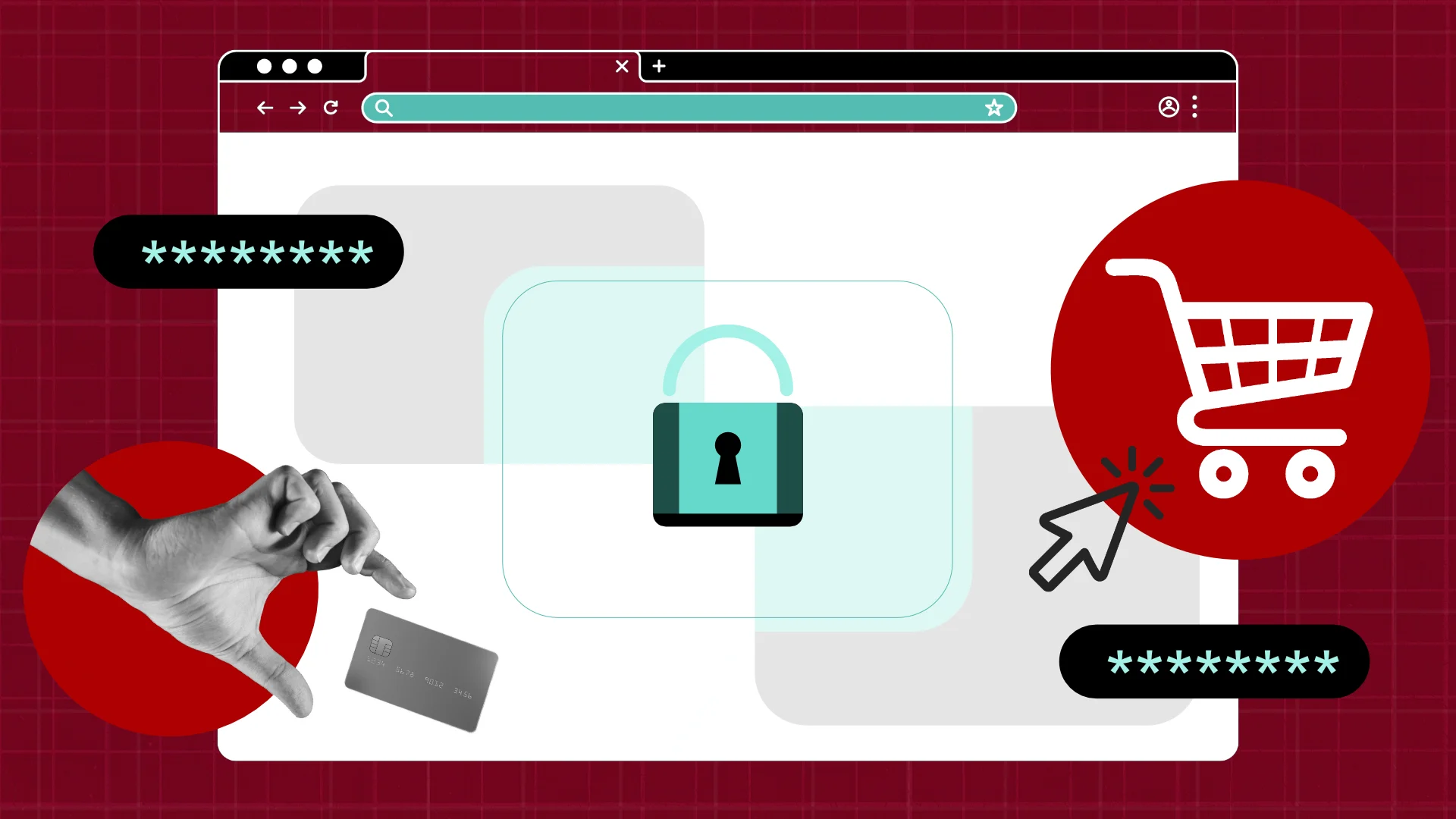Online shopping has become integral to our daily lives because it offers unmatched convenience and accessibility. However, with this convenience comes the risk of online threats and cybercrimes.
Safeguarding your personal information and financial details is paramount to ensure a secure online shopping experience. By implementing e-commerce tips and tricks, you can protect yourself from risks and enjoy worry-free shopping.
Understanding the importance of online security measures and utilizing resources like online blackmail help can assist you in navigating the digital world with confidence and peace of mind.
1. Secure Password Practices
Creating strong, unique passwords for each online account is a must for preventing unauthorized access to sensitive information.
A password manager can help generate and store complex passwords securely, reducing the risk of data breaches and identity theft. By incorporating a mix of upper- and lowercase letters, numbers, and special characters in your passwords, you can enhance their strength and deter potential hackers.
Regularly updating passwords and avoiding common phrases or easily guessable information further fortifies your online accounts against cyber threats.
2. Shop at Trusted Websites
When shopping online, it’s crucial to prioritize safety by only purchasing from reputable and trusted websites. Verifying the legitimacy of e-commerce platforms before making transactions can significantly reduce the risk of falling victim to scams or fraudulent activities.
To ensure a secure connection, look for secure website indicators like HTTPS in the URL and padlock symbols in the address bar. Avoiding unfamiliar or suspicious websites and researching the site’s reputation and customer reviews can help you make informed decisions when purchasing online.
Shopping from established and trustworthy websites protects your personal and financial information from potential cyber threats and fraudulent practices.
3. Enable Two-Factor Authentication
Enhancing your online security is essential in safeguarding your accounts from unauthorized access, and enabling two-factor authentication (2FA) adds an extra layer of protection. Given that it requires a secondary verification method, such as a unique code sent to your mobile device or email, 2FA significantly reduces the risk of unauthorized logins, even if your password is compromised.
Setting up 2FA on your online accounts, especially those containing sensitive information or payment details, adds a barrier against cybercriminals attempting to breach your accounts. This simple yet effective security measure can provide peace of mind and ensure that your online transactions and personal data remain secure from potential threats.
4. Avoid Public Wi-Fi for Transactions
Steering clear of public Wi-Fi networks for online transactions is a prudent step in safeguarding your sensitive information while shopping online. Public Wi-Fi hotspots, often unsecured, pose a significant risk of data interception and hacking by cybercriminals looking to exploit vulnerabilities.
When conducting financial transactions or accessing personal accounts, opt for secure, private networks to minimize the chances of unauthorized access to your data. Utilizing virtual private networks (VPNs) can further enhance your online security by encrypting your connection and protecting your information from threats.
5. Regularly Monitor Financial Statements
Monitoring your financial statements and transaction history regularly is vital in detecting unauthorized or suspicious activities promptly. By reviewing bank statements, credit card transactions, and online payment records, you can identify any discrepancies or unauthorized charges that may indicate fraudulent behavior.
Reporting any unusual or unrecognized transactions to your financial institutions promptly can help prevent further financial losses and mitigate the impact of potential fraud. Timely monitoring of your financial statements safeguards your financial assets and enables you to take swift action in addressing any security breaches or fraudulent activities.
6. Be Cautious of Phishing Attempts
Remain vigilant and cautious of phishing attempts, which are common tactics used by cybercriminals to deceive individuals into disclosing sensitive information. Be wary of unsolicited emails, messages, or websites requesting personal details or login credentials, and look out for red flags such as generic greetings, urgent demands, and suspicious links. Finally, always avoid clicking on unfamiliar links or providing confidential information in response to such communications.
Fortifying Your Online Shopping Experience
When it comes to e-commerce, prioritizing online security is paramount to ensure a safe and enjoyable shopping experience. By implementing essential tips and strategies like the ones outlined above, you can fortify your defenses against cyber threats.
Remember, proactive measures and awareness are key to protecting your personal and financial information while shopping in the digital marketplace. Stay informed, stay vigilant, and empower yourself to shop online safely.

Ruby Stauffer is a prominent technology blogger known for her insightful analysis and in-depth reviews of the latest tech trends and gadgets. Her blog has become a go-to resource for tech enthusiasts seeking reliable information and expert opinions on the ever-evolving world of technology.

